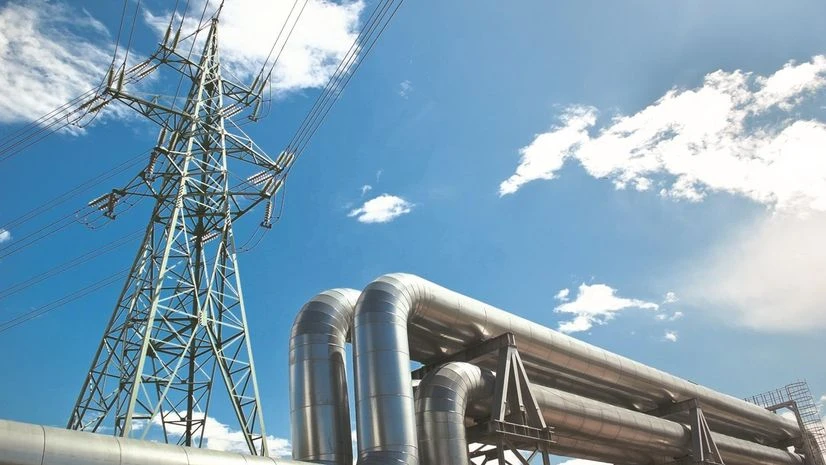Bolivia's embattled president on Monday announced the discovery of vast natural gas reserves, describing it as the biggest find in nearly two decades that could help the cash-strapped country reverse its falling production.
President Luis Arce called the trove just north of the capital a mega field," saying it has some 1.7 trillion cubic metres of gas at a likely market value of $6.8 billion.
He said the field named Mayaya X-1 is way to revive the gas industry. That was the engine of robust growth in the early 2000s, a period of booming exports and declining poverty that experts have termed Bolivia's economic miracle.
This marks the beginning of a new chapter for the northern sub-Andean region, offering hope of maintaining our country as an important gas exporter, said Arce, who is the alleged target of a military coup attempt last month and the main focus of anger among Bolivians over shortages of fuel and foreign currency. "It's the most important discovery since 2005.
In more recent years, investment in exploration projects by Bolivia's state-owned energy company has dwindled and natural gas extraction has faded fast.
Bolivian politicians spent much of the gas windfall on lavishly subsidised fuel. The economic model pioneered by then President Evo Morales, Arce's bitter political rival, quickly became unsustainable when commodity prices fell.
In a warning for the government, the Bolivian Institute of Foreign Trade reported last year that the country once among the world's top 10 natural gas producers had become a net importer of hydrocarbons, spending $2.9 billion on diesel imports while earning only $2 billion from natural gas exports.
More From This Section
Last month, Arce described production as having hit rock bottom".
Bolivia's state-controlled energy company, Yacimientos Petrolferos Fiscales Bolivianos, or YPFB, said Monday that the newly announced natural gas field was discovered thanks to a $50 million investment.
The field, it said, covers several regions north of La Paz, the administrative capital, and will add to Bolivia's existing gas reserves, which stood at 8.7 trillion cubic meters in 2019. There has been no publicly available data since.
It's a new exploratory frontier, said Armin Dorgathen, YPFB president.
(Only the headline and picture of this report may have been reworked by the Business Standard staff; the rest of the content is auto-generated from a syndicated feed.)

)